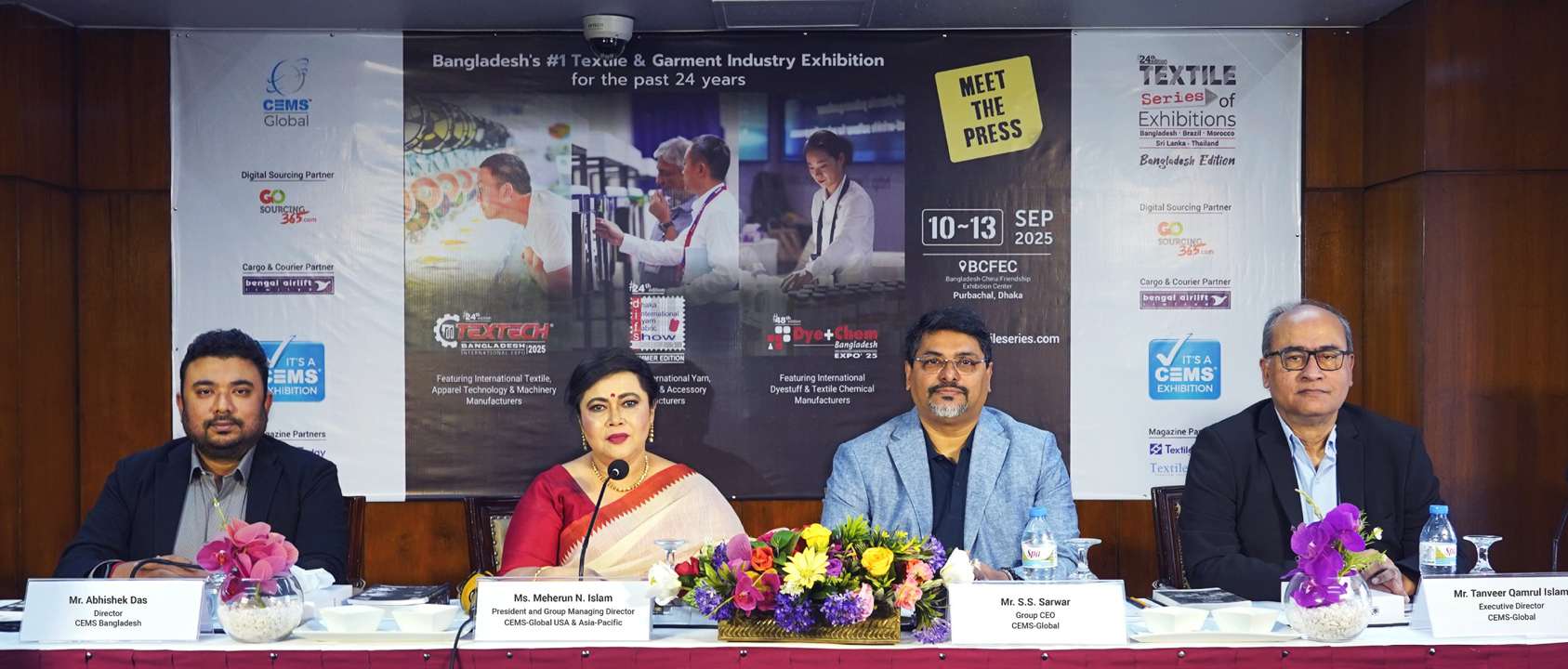A joint study has identified around 450 occupations in Bangladesh’s informal sector, with the majority of workers concentrated in retail and sales, followed by agriculture and livestock, food and beverage, transport, and crafts.
Titled ‘Mapping of Informal Sector Workers in Bangladesh: Challenges, Opportunities, and Policy Implications’, the study surveyed 768 informal sector workers across all divisions of the country.
Conducted jointly by Karmojibi Nari and Friedrich Ebert Stiftung (FES) Bangladesh, it found that most workers (69 per cent) are aged between 25 and 44, while 73.3 per cent are self-employed or run small businesses.
A further 21.7 per cent work on a contractual basis, with only a small number employed in regular or family-based labour.
Hafiza Begum, lead researcher at Adhuna Bangladesh Limited, presented the findings at a programme in Dhaka on Monday.
The study highlighted key challenges faced by informal workers, including the absence of guaranteed income, health risks, unsafe working conditions, and lack of access to social security.
Despite constituting about 85 per cent of the total workforce, informal workers remain largely unrecognised legally, leaving them vulnerable to exploitation, disrespect, and harassment.
Seasonal work and fluctuating daily wages were cited as factors affecting income, particularly in agriculture and street vending.
Access to formal financial services is limited, with many relying on informal loans and community savings, the report noted.
Speaking at the event, Syed Sultan Uddin Ahmed, Executive Director of BILS, emphasised the need to develop a comprehensive database of informal sector workers to ensure their social protection.
He urged simultaneous formalisation of both enterprises and employment and called for measures to identify sector risks, protect workers’ basic rights, and incorporate their demands into election manifestos. He also recommended establishing a grievance mechanism for workers to lodge complaints.
Saifuzzaman Badsha, President of Jatiyo Sramik Jote Bangladesh, called for a national minimum wage for all workers and legal recognition of the country’s approximately 73 million informal workers under labour law provisions.
Speakers further recommended defining informal sector workers legally, creating formal employment opportunities, ratifying ILO conventions 177, 188, 189, and 190, and implementing ILO Recommendation 204 to transition informal workers to formal employment.
The programme was also addressed by FES Bangladesh Resident Representative Felix Gerdes, Director of the Department of Women Affairs, and Karmojibi Nari officials Sunzida Sultana and Umme Hassan Jholmol.





















